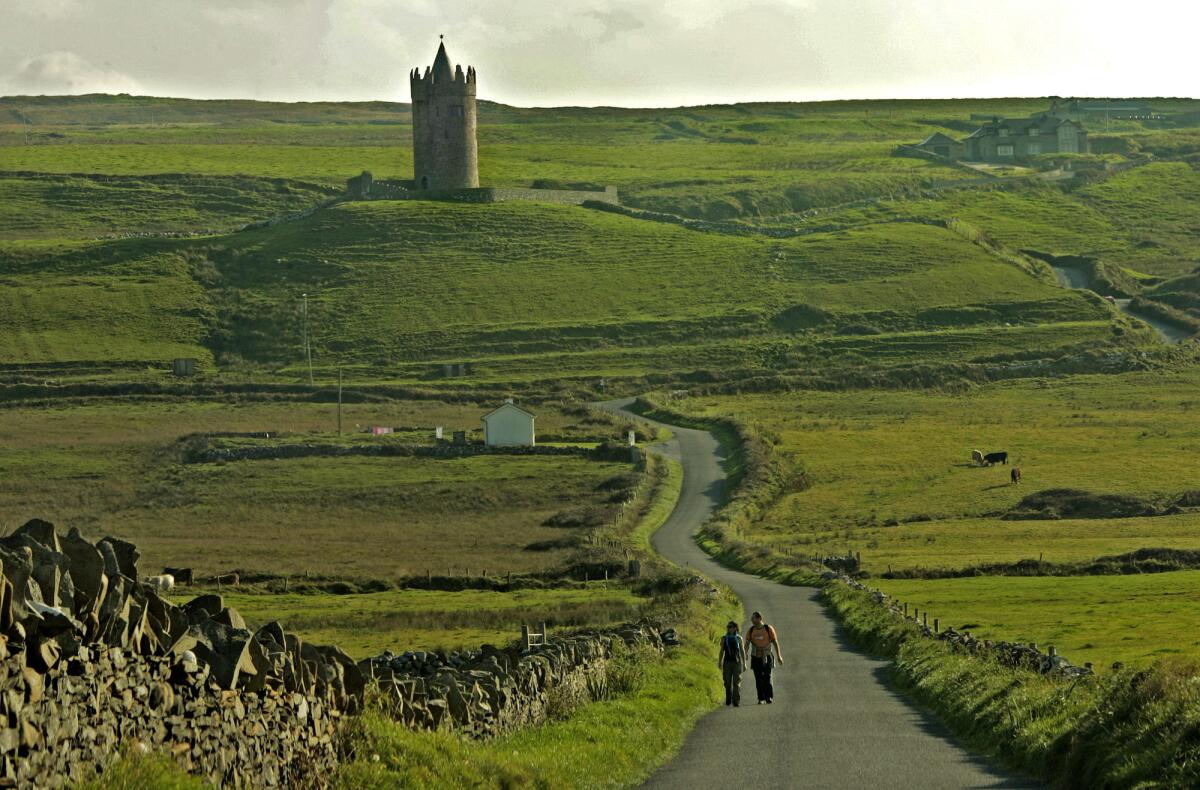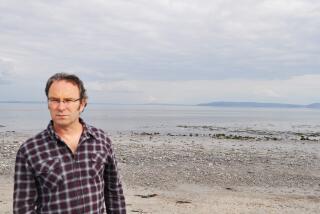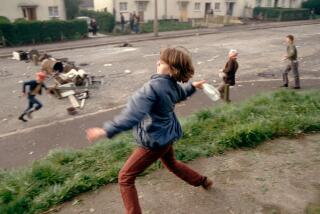5 inspiring Irish poems to read this St. Patrick’s Day — or recite at the pub

In America, St. Patrick’s Day has somehow transformed into a holiday where people swill green beer while the bar plays the same Dropkick Murphys’ songs over and over again. If you’re young enough to withstand the hangover, it might be kind of fun, but there are better ways to pay tribute to the nation that gave the world some of its best literature.
You can, for instance, stay home with Ireland’s favorite art form: poetry. There’s no shortage of great verse from the Emerald Isle to choose from, but here are five great Irish poems to get you started.
“Becoming Anne Bradstreet,” Eavan Boland
Irish poet and Stanford University professor Boland has won a prestigious Lannan Foundation Award in Poetry, and is one of her home country’s most recognized poets. In this poem, she describes reading the work of Anne Bradsteet, a 17th century English poet who lived in North America:
“At the source, at the end and whenever
The book lies open and I am again
An Irish poet watching an English woman
Become an American poet.”
“When All the Others Were Away at Mass,” Seamus Heaney
Heaney, one of Ireland’s most loved poets, died in 2013; two years later, a poll conducted by Irish broadcaster RTÉ found this to be the country’s favorite poem.
Part of a sonnet cycle called “Clearances,” the poem is a reminiscence of a boy helping his mother in the kitchen:
“I remembered her head bent towards my head,
Her breath in mine, our fluent dipping knives—
Never closer the whole rest of our lives.”
“Dublin,” Louis MacNeice
The Northern Irish poet and playwright MacNeice grew up in Ireland and England, but the Irish capital city always held a special place in his heart. His poem “Dublin” is a nod to the city that “never was my town”:
“I was not born or bred
Nor schooled here and she will not
Have me alive or dead
But yet she holds my mind
With her seedy elegance,
With her gentle veils of rain...”
“Dawn at St. Patrick’s,” Derek Mahon
The Belfast-born, Dublin-educated Mahon is known for his structured, sometimes witty poems about life in Ireland. “Dawn at St. Patrick’s” deals with serious subject matter — the narrator is describing the week between Christmas and New Year’s in the mental hospital where he’s a patient:
“Light and sane
I shall walk down to the train,
into that world whose sanity we know,
like Swift to be a fiction and a show.
The clouds part, the rain ceases, the sun
casts now upon everyone
its ancient shadow.”
“The Lake Isle of Innisfree,” William Butler Yeats
One of Ireland’s most enduring and beloved verses, Yeats’ poem was inspired by a small lake island in County Sligo that he visited as a child. The poem showcases Yeats’ desire for a simpler life, far from the cities where he spent much of his adulthood:
“I will arise and go now, and go to Innisfree,
And a small cabin build there, of clay and wattles made;
Nine bean-rows will I have there, a hive for the honey-bee,
And live alone in the bee-loud glade.”
More to Read
Sign up for our Book Club newsletter
Get the latest news, events and more from the Los Angeles Times Book Club, and help us get L.A. reading and talking.
You may occasionally receive promotional content from the Los Angeles Times.








